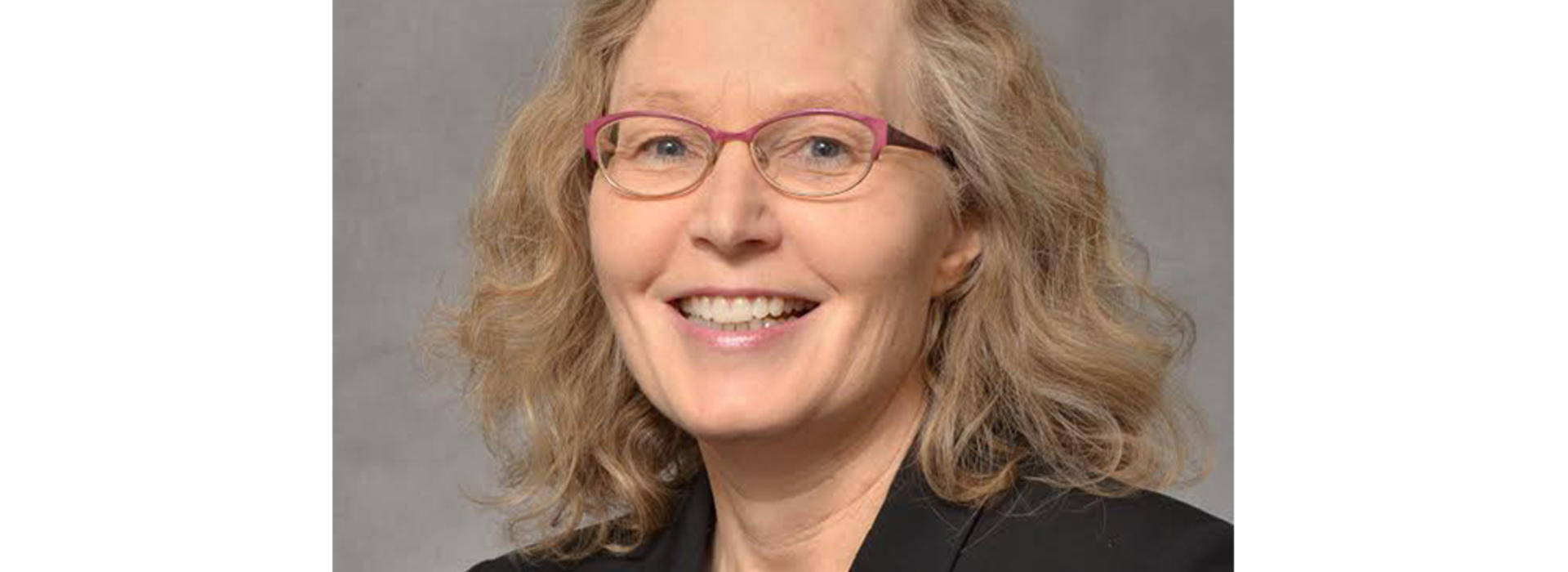
Susan Kline, MD, MPH, Uses Research Network to Find Effective Treatments for COVID-19
Although born and raised in Minnesota, Susan Kline, MD, MPH, chose to pursue her undergraduate education elsewhere, eventually joining the Peace Corps for two years in Nepal.
“That’s actually where I got interested in infectious diseases,” Dr. Kline said. “I was working with a community health program doing health education. The majority of the diseases that were hurting people at that time in Nepal were infectious diseases—things like childhood diarrhea from having unsafe drinking water, childhood respiratory infections and tuberculosis.”
She left Nepal to come home to Minnesota, completing her medical degree, internal medicine residency and infectious diseases fellowship all at the University of Minnesota Medical School. Dr. Kline later joined the faculty in 1994, where today, she is a professor in the Department of Medicine, Division of Infectious Diseases and International Medicine.
Managing Ebola Infections
Dr. Kline has served the last 25 years as an infectious disease physician, 23 years as a hospital epidemiologist and medical director for Infection Prevention at the M Health Fairview University of Minnesota Medical Center (UMMC) and 13 years as UMMC’s lead physician for antimicrobial stewardship. Her first line of patient care in the early 1990s focused on AIDS, where for 24 years, she has provided care at the HIV Family Clinic on the East Bank of the U of M campus.
“Some of my patients I’ve been taking care of for about that long,” she said. “That’s been a major infectious disease that’s impacted our society and world during my medical career.”
But, not the only one. The Ebola outbreak in 2014 exposed a major weakness—institutions sought out their own answers for the best treatment for the virus instead of working collaboratively. At that time, a group of medical institutions tapped Dr. Kline to help develop one of 10 biocontainment units across the country that now specialize in the treatment of Ebola. In 2016, the group formally launched as NETEC (National Ebola Training and Education Center).
“All centers combined have created this research network, called the Special Pathogens Research Network (SPRN). Through that, part of our goal is to be ready or poised to study new pathogens when they come along,” Dr. Kline said.
In came COVID-19, and NETEC had a system in place. They received support from the National Institutes of Health to study the use of remdesivir in the treatment of COVID-19, and they asked the SPRN to serve as recruiting centers. Within days, the U of M and Dr. Kline soon became the face of one the largest clinical trials to find an answer.
Managing COVID-19 Infections
Phase one of the trial wrapped up in May with more than 1,000 people enrolled. The study showed that hospitalized patients with COVID-19, who received remdesivir, an antiviral medication, recovered four days earlier than patients who received a placebo.
“The FDA granted emergency use authorization for remdesivir. Then, the drug company donated a large number of doses to hospitals all over the country, so that people who qualify for it can get it,” she said. “This will become the standard of care until something better comes along.”
That “something better” could come from the second or third phase of Dr. Kline’s trial—both of which seek to build on the first phase to enhance remdesivir’s effectiveness against COVID-19.
“For providers, you have these very sick people coming in, and you have no proven therapy to offer that you think will make a difference. It’s a very tough position to be in,” she said. “The idea is that we’ll keep studying successive treatments to try to improve upon what we know so far.”